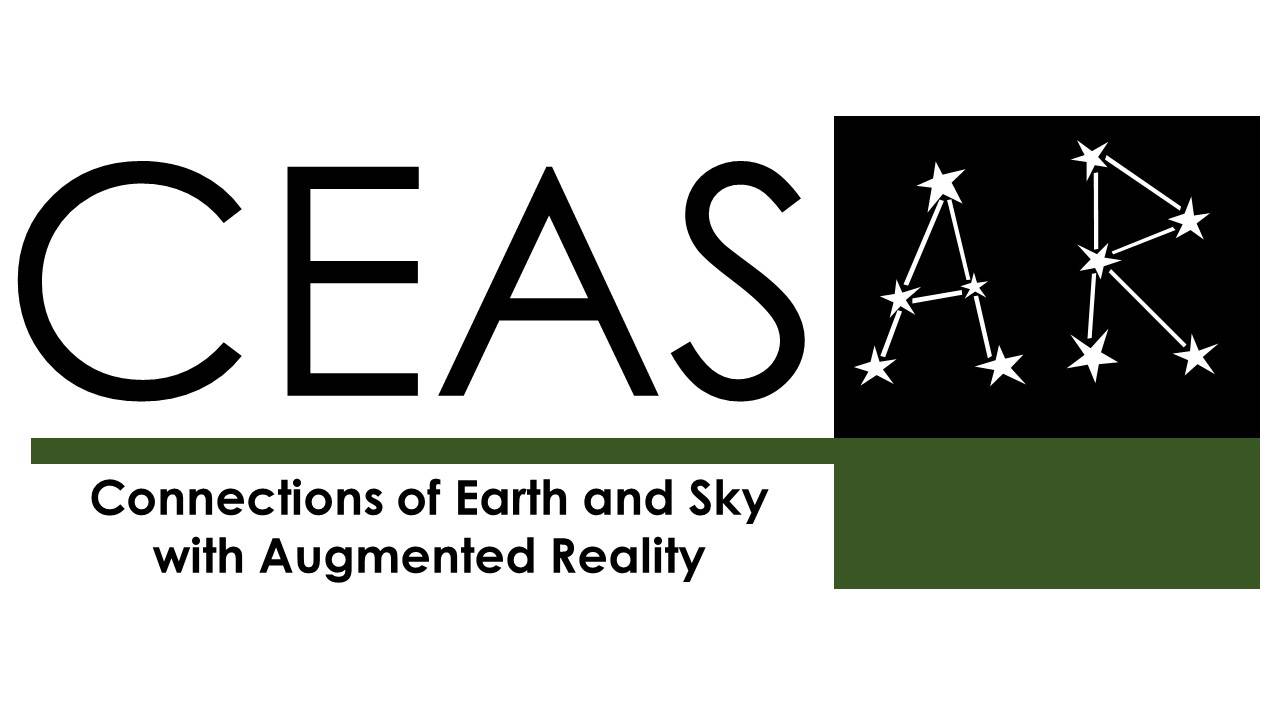


The CEASAR project aims to understand the affordances of immersive augmented reality technologies for supporting collaborative learning in STEM classrooms. To support this investigation we have developed a robust night sky simulation that can be accessed from both tablet computers and HoloLens 2 headsets. Undergraduate students work together in a multi-device environment to solve problems such as finding the location of a fallen space capsule using only the view of the stars from the site of the crash. We have so far collected data from numerous classrooms at a partnering community college and a university. The multimodal data we have collected are helping us to understand how XR technologies can be effectively integrated into complex collaborative learning activities. This includes merging logfile data from the simulation with video of the collaborating students. Outcomes of the CEASAR project include design principles for creating effective multi-device STEM learning activities as well as methodological guidance for conducting research on technology-enhanced collaborative learning.

Robb Lindgren
robblind@illinois.edu
CEASAR Co-Investigator
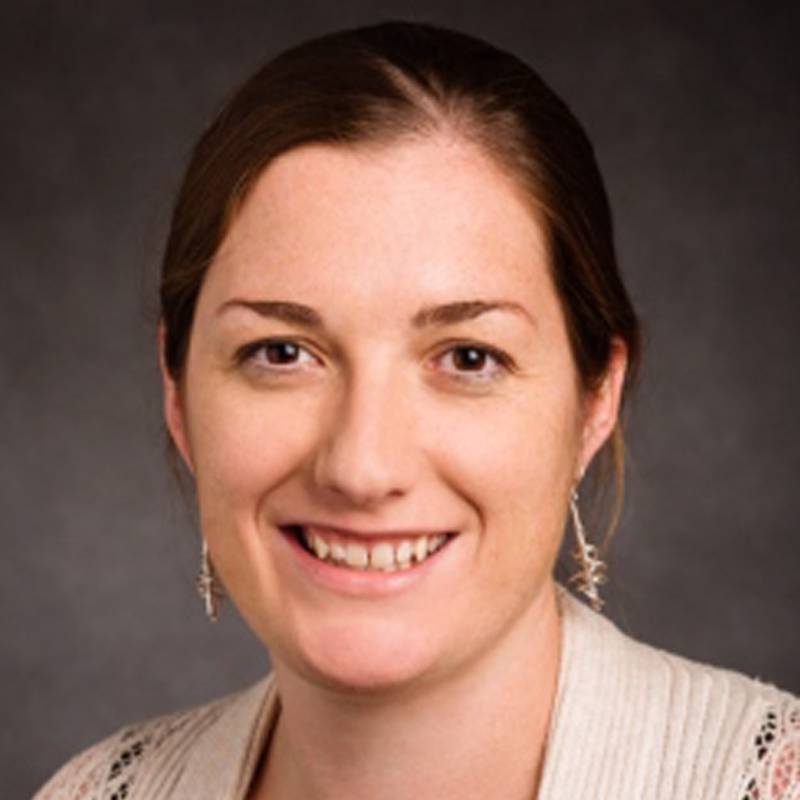
Emma Mercier
mercier@illinois.edu
CEASAR Co-Investigator

Jina Kang
jinakang@illinois.edu
CEASAR Co-Investigator

Nathan Kimball
nkimball@concord.org
CEASAR Co-Investigator

Bryan Dunne
bdunne@illinois.edu
CEASAR Educator-Collaborator

James Planey
planey@illinois.edu
CEASAR Graduate Researcher

Erik Johnson
ejohnson@parkland.edu
CEASAR Educator-Collaborator
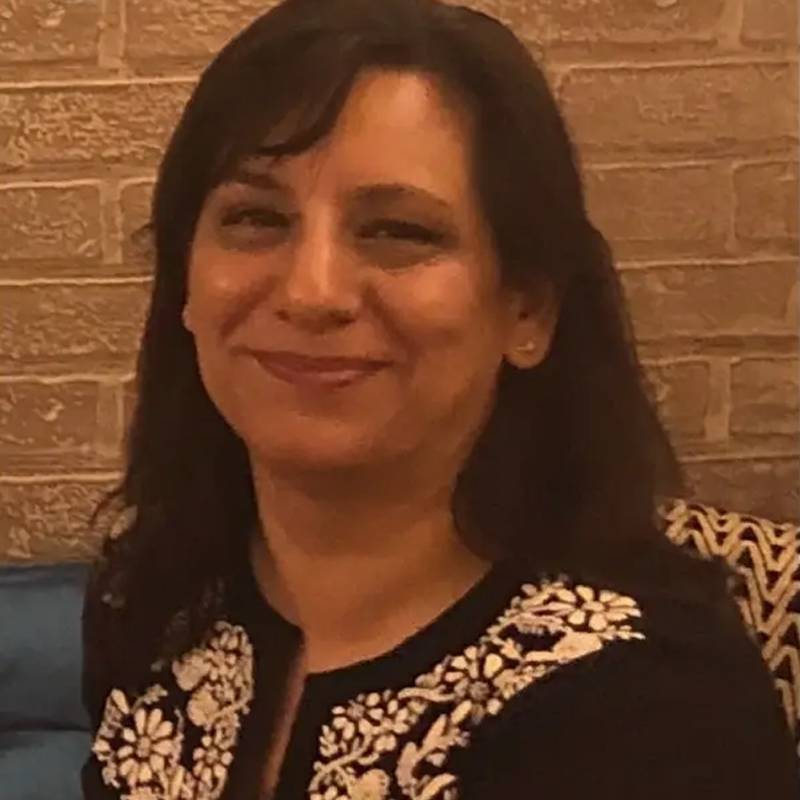
Madhu Dhar
dharm@middlesex.mass.edu
CEASAR Educator-Collaborator

Robin Jephthah Rajarathinam
rjrthnm2@illinois.edu
CEASAR Graduate Researcher

Katrina Wefel
kwefel@parkland.edu
CEASAR Educator-Collaborator

Taehyun Kim
thk4@illinois.edu
CEASAR Graduate Researcher
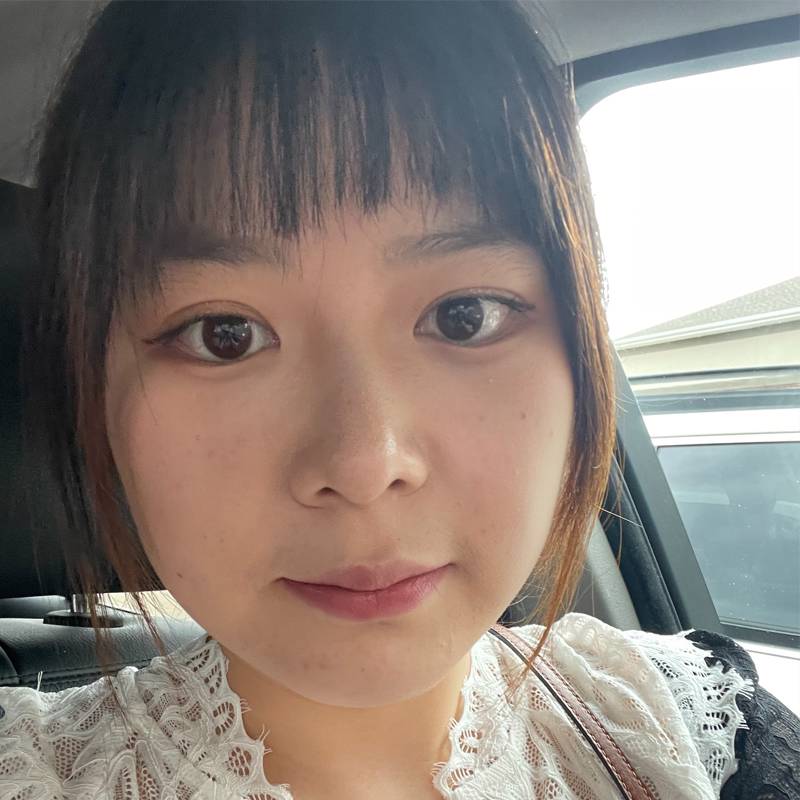
Rachel (Yiqiu) Zhou
yiqiuz3@illinois.edu
CEASAR Graduate Researcher

Brian Guerrero
Doctoral Student, Curriculum & Instruction

Lu Lawrence
Assistant Professor, Utah State University
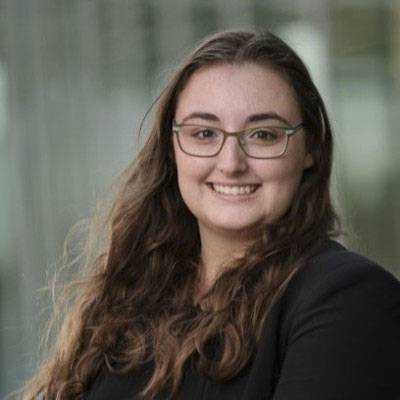
Morgan Diederich
Doctoral Student, Utah State University
Planey, J., Lindgren, R., Kimball, N., Kim, T., Mercier, E., & Kang, J. (2022). Facilitating small-group problem solving in astronomy contexts through augmented reality [pdf]. Poster presented at the Annual Meeting of the American Educational Research Association, San Diego, CA.
Zhou, Y., & Kang, J. (2022). Characterizing joint attention dynamics during collaborative problem-solving in an immersive astronomy simulation [pdf]. Proceedings of the 15th International Conference on Educational Data Mining (EDM22), 406-413. https://doi.org/10.5281/zenodo.6852988
Kim, T., Planey, J., Lindgren, R., & Kang, J. (2021). Integrating immersive technology into small group learning environments [pdf]. Proceedings of the 15th International Conference of the Learning Sciences (ICLS 2021), 1137-1138. Bochum, Germany. https://repository.isls.org//handle/1/7436
Diederich, M., Kang, J., Kim, T., & Lindgren, R. (2021). Developing an in-application shared view metric to capture collaborative learning in a multi-platform astronomy simulation [pdf]. Proceedings of the 11th International Learning Analytics and Knowledge Conference (LAK21), 173–183. https://doi.org/10.1145/3448139.3448156